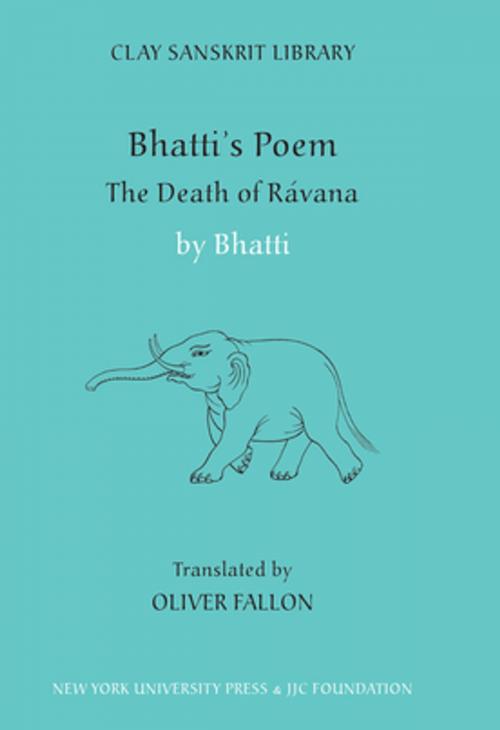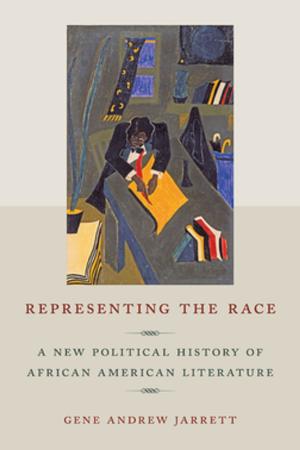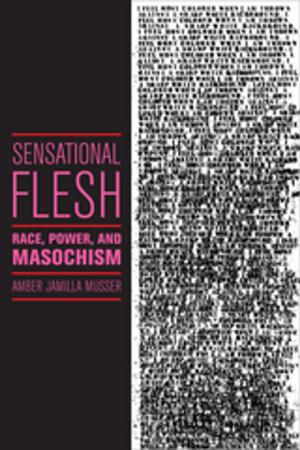| Author: | ISBN: | 9781479886937 | |
| Publisher: | NYU Press | Publication: | October 1, 2016 |
| Imprint: | Clay Sanskrit | Language: | English |
| Author: | |
| ISBN: | 9781479886937 |
| Publisher: | NYU Press |
| Publication: | October 1, 2016 |
| Imprint: | Clay Sanskrit |
| Language: | English |
To the dry bones of grammar Bhatti gave juicy flesh in his poem, telling the greatest Indian story in elegant Sanskrit. Composed in the fourth century CE, in South India, ”Bhatti’s Poem: The Death of Rávana” is both a poetic retelling of Rama’s adventures, and a compendium of grammatical and rhetorical examples for students. Bhatti’s study aid to Pánini’s groundbreaking grammatical treatise, the “Eight Books,” gives examples disguised as the gripping, morally improving “Ramáyana” story. In Bhatti’s own words: “This composition is a lamp to those whose eyes have language as their goal.” Tradition has it that an elephant ambled between Bhatti and his pupils, interrupting their outdoors grammar class. By Hindu law this intrusion canceled class for a year. Lest time be lost, Bhatti composed his poem to teach grammar without textbooks. Ever since, “The Death of Rávana” has been one of the most popular poems in Sanskrit literature.
To the dry bones of grammar Bhatti gave juicy flesh in his poem, telling the greatest Indian story in elegant Sanskrit. Composed in the fourth century CE, in South India, ”Bhatti’s Poem: The Death of Rávana” is both a poetic retelling of Rama’s adventures, and a compendium of grammatical and rhetorical examples for students. Bhatti’s study aid to Pánini’s groundbreaking grammatical treatise, the “Eight Books,” gives examples disguised as the gripping, morally improving “Ramáyana” story. In Bhatti’s own words: “This composition is a lamp to those whose eyes have language as their goal.” Tradition has it that an elephant ambled between Bhatti and his pupils, interrupting their outdoors grammar class. By Hindu law this intrusion canceled class for a year. Lest time be lost, Bhatti composed his poem to teach grammar without textbooks. Ever since, “The Death of Rávana” has been one of the most popular poems in Sanskrit literature.















